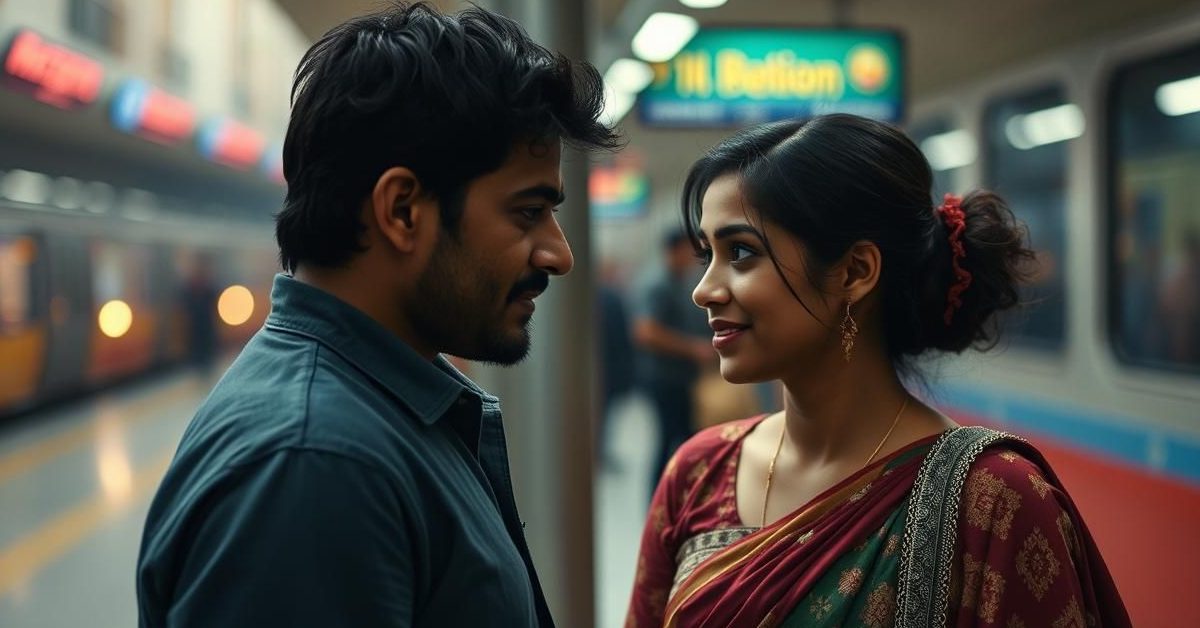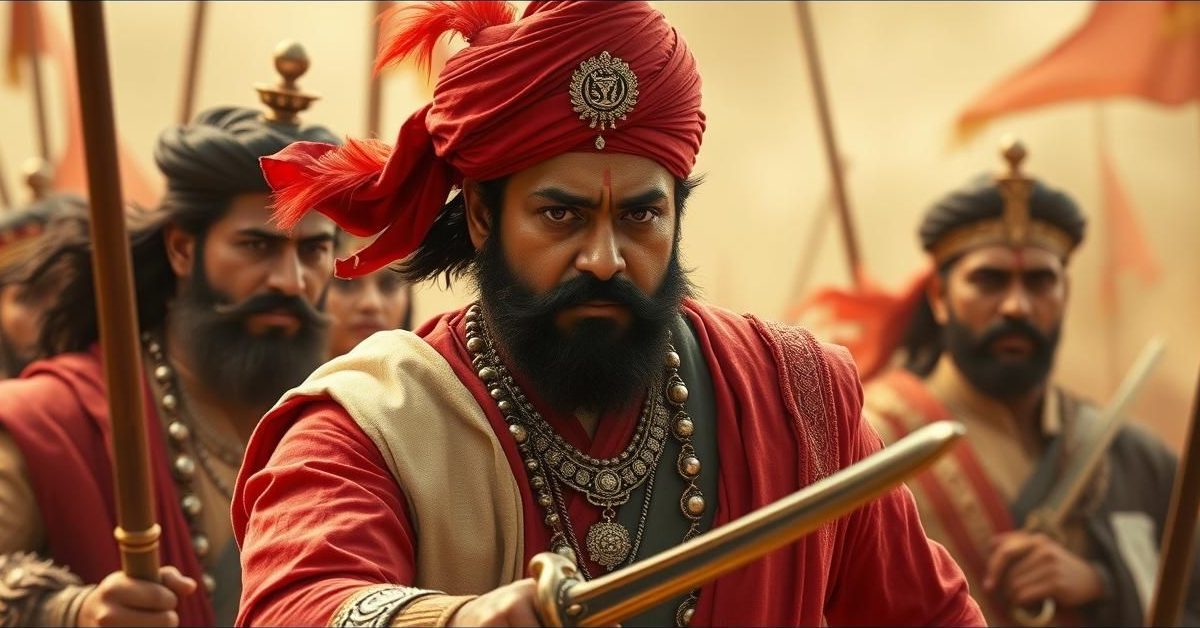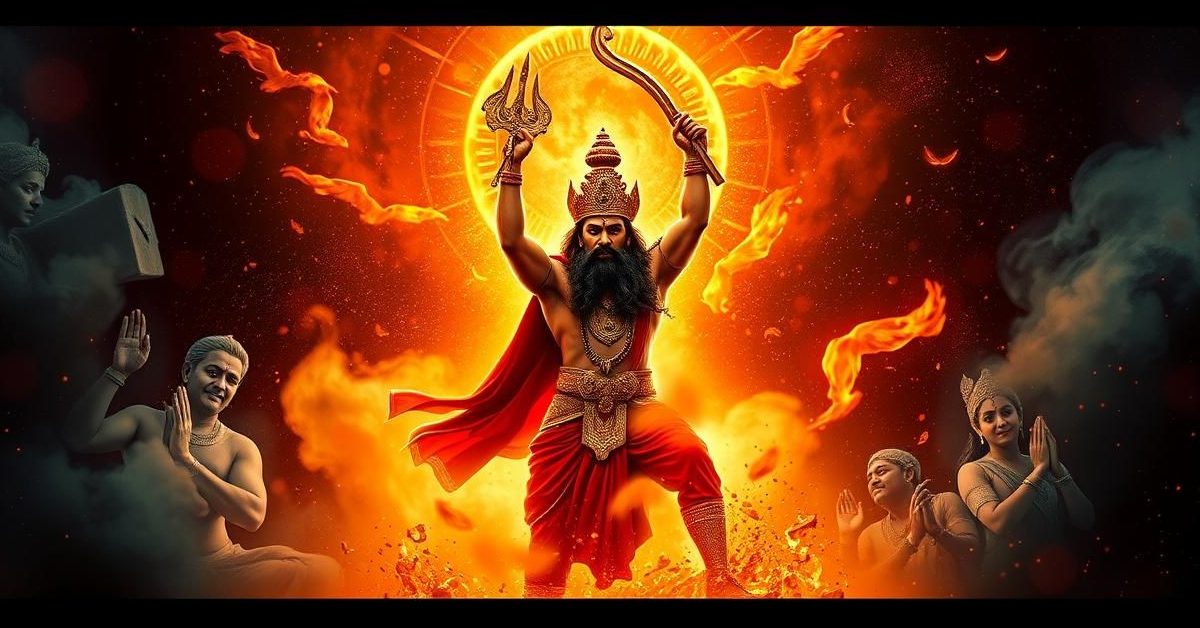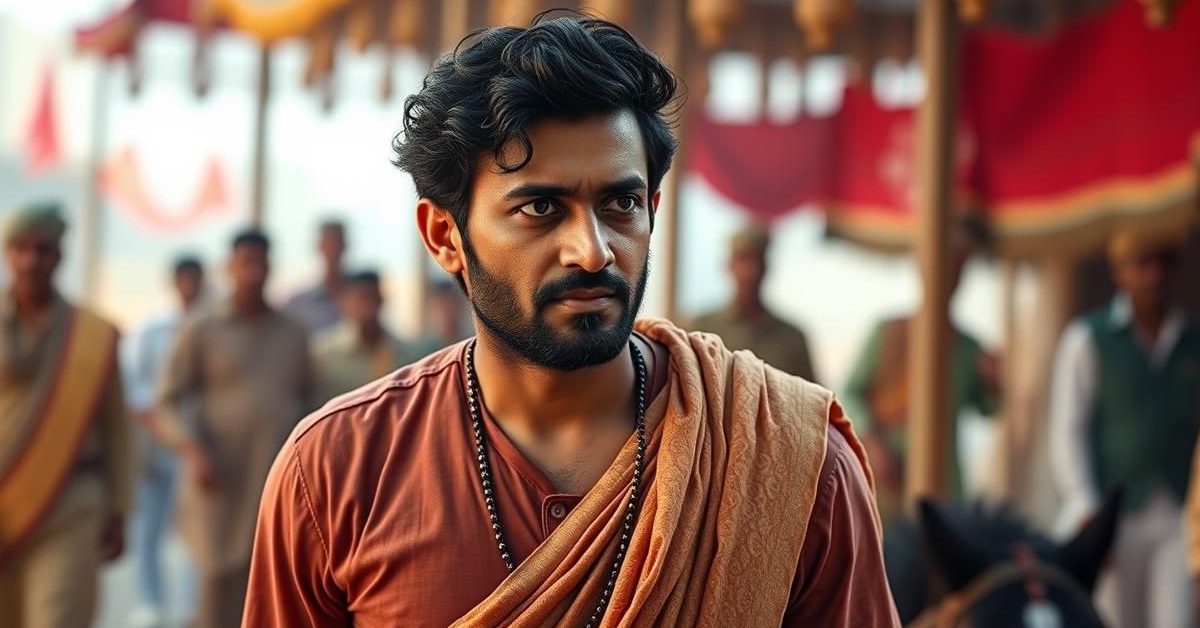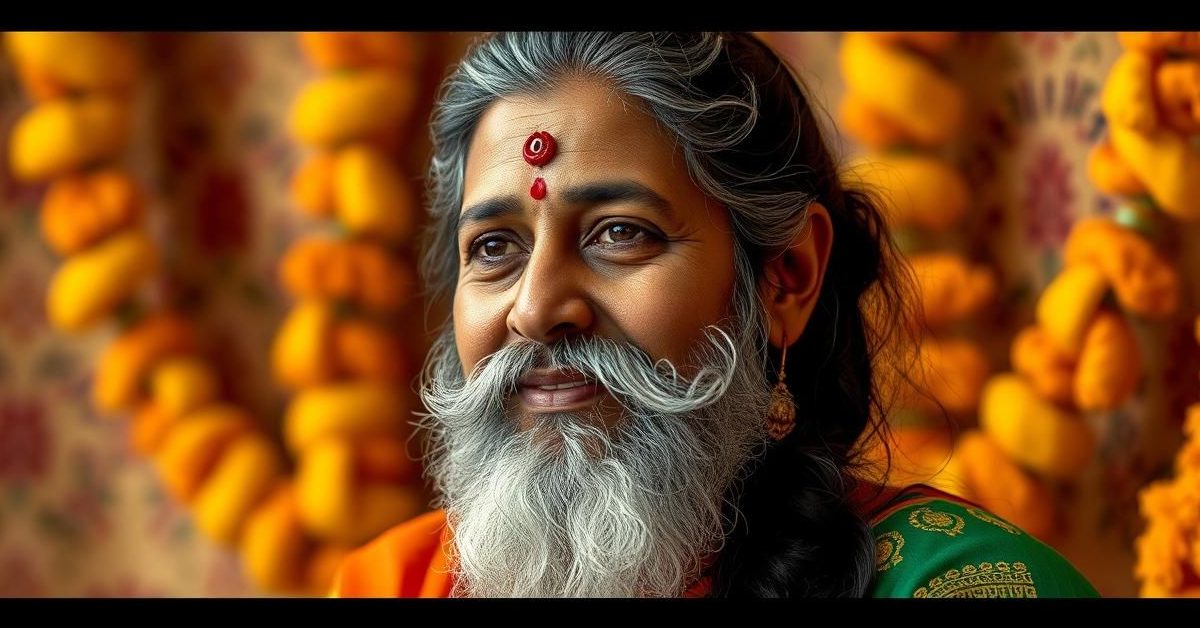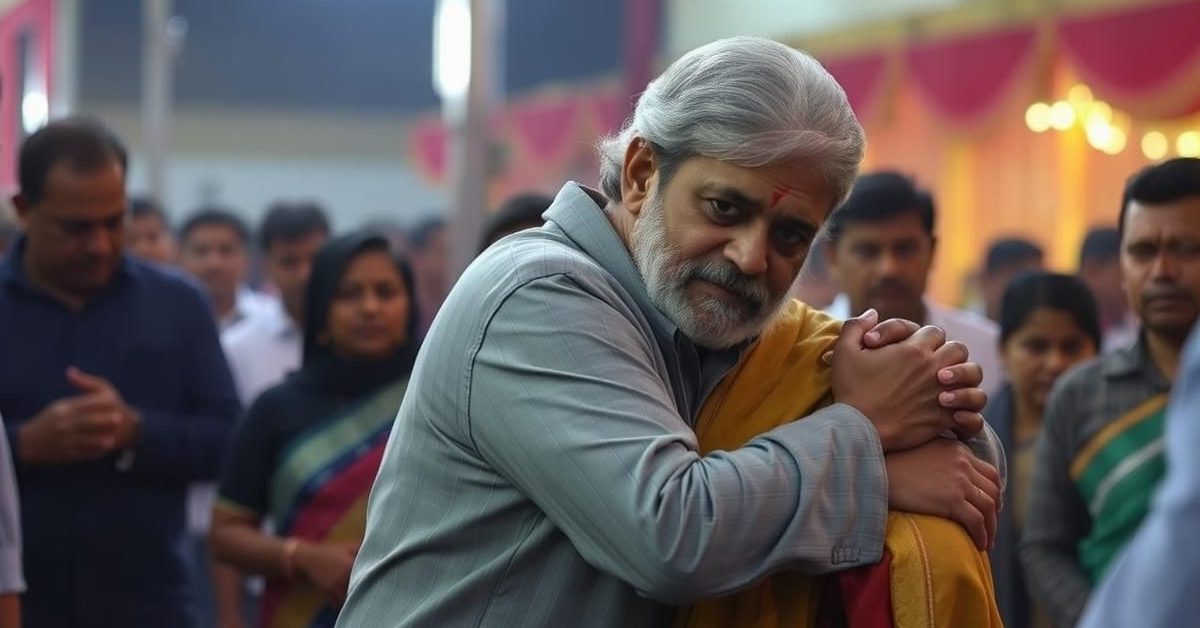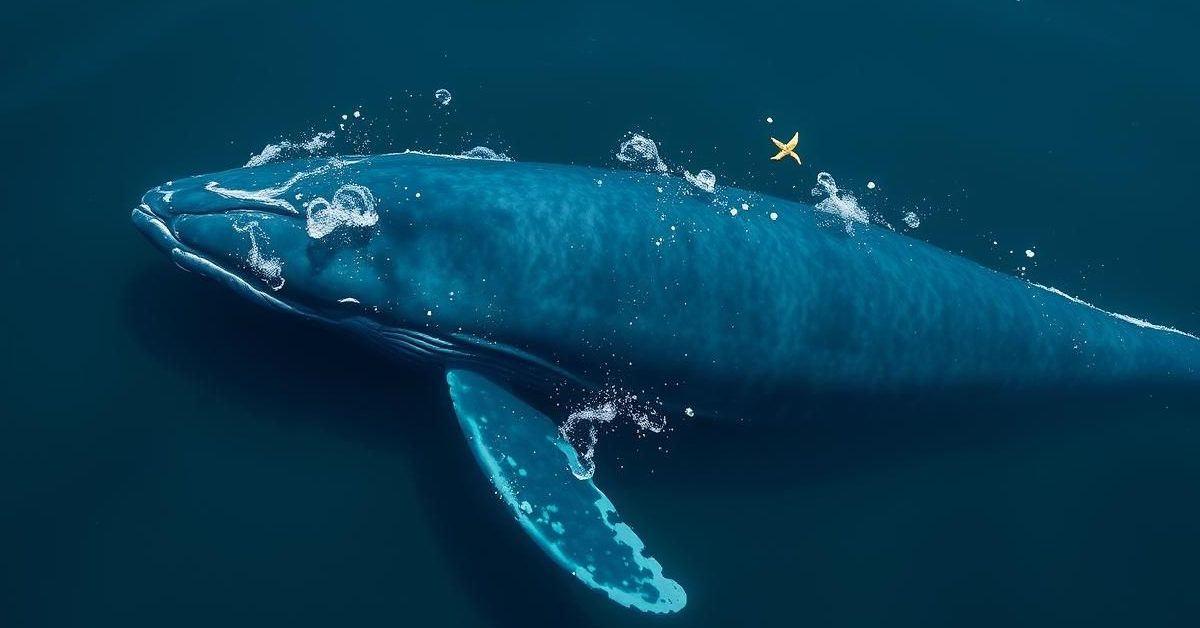The Unseen Threads of Love: Anurag Basu on Irrfan Khan’s Lasting Imprint on ‘Metro… In Dino’
As anticipation builds for the release of *Metro… In Dino* on July 4, director Anurag Basu offers a poignant revelation: the very seed of this anthology, exploring the myriad facets of love and loss, was planted by none other than the late, legendary actor Irrfan Khan. This cinematic journey, a spiritual successor to the beloved *Life in a… Metro* (2007), finds its roots in a casual, yet profound, conversation between the two creatives.
Basu shares that the initial spark for a new ‘Metro’ film ignited a decade ago, sparked by Irrfan’s spontaneous visit to his office. The idea then was to pick up the narrative of Monty and Shruti, the characters Irrfan and Konkona Sen Sharma immortalized, whom Basu had left at a traffic signal with their young child eighteen years prior.
From Concept to Creation: The Evolution of a Metropolitan Saga
Despite Irrfan’s suggestion, Basu initially felt he had no new story to tell within that universe. However, as the years passed, the urban landscape and its inhabitants evolved. “People living in the metro have changed,” Basu reflects, “as have their dreams and aspirations. Only the basic problem remains the same: we are all still chasing happiness, though our ways of doing so have changed.” This realization breathed new life into the concept, transforming it into a fresh narrative deeply reflective of contemporary metropolitan life.
A Heartbreaking Pause: Irrfan Khan’s Enduring Legacy
The untimely demise of Irrfan Khan five years ago, on April 29, 2020, cast a long shadow over Basu’s creative spirit. The initial story, meticulously crafted with Irrfan and Konkona in mind, was put on indefinite hold. “That story is still with me,” Basu admits, his voice tinged with emotion, “I don’t know when I will be able to bring it to the screen.”
Yet, during the making of his acclaimed film *Ludo*, a new script began to take shape, ultimately blossoming into *Metro… In Dino*. Basu, having refined his mastery of hyperlink narratives through *Life in a… Metro* and *Ludo*, found the writing process surprisingly fluid. He recounts developing two distinct ideas and, after consulting his trusted “bouncing boards”—his wife Tani and music maestro Pritam—the current rendition was chosen.
Konkona Sen Sharma’s Emotional Echoes: A Tribute to Irrfan
Basu’s joy was palpable when Konkona Sen Sharma, affectionately known as Koko, agreed to join the new ensemble. During a light-hearted shooting sequence in Goa that required her to scream, a deeply affecting moment unfolded. Konkona suddenly choked up and broke down, a raw display of emotion that Basu immediately understood.
“She was crying because she had connected it to a similar scene in *Life in a… Metro*, and it had brought back memories of Irrfan,” he explains. “We both missed him during *Metro… In Dino*—after all, he was the one who initiated this film.” It was a powerful, unspoken acknowledgment of Irrfan’s indelible presence, even in his absence.
The Unsung Persuader: Sutapa Sikdar’s Role in ‘Life in a… Metro’
Surprisingly, Irrfan had initially been hesitant to take on the role of Monty in the original *Life in a… Metro*, viewing the part as too brief. Basu, confessing his own limitations as a narrator, failed to convince him. It was an urgent SOS call to Irrfan’s wife, Sutapa Sikdar, that turned the tide. “I owe her a lot,” Basu states, “he did the film because of her.”
Monty, the socially awkward bachelor desperate to marry, who ultimately chases his true love Shruti to a railway station on horseback, became one of Irrfan’s most beloved and unconventional roles. This departure from his usual intense portrayals garnered immense affection, perhaps fueling Irrfan’s playful suggestion to Basu: “Chal, ek aur Metro banate hain.” (Come, let’s make another Metro).
A Legacy Reflected: Babil Khan’s Resemblance to His Father
Though Irrfan is no longer with us, Basu sees a tender reflection of his friend in his eldest son, Babil Khan, who is also carving out a promising acting career. “In profile, when he looks up silently, Babil is so much like his father,” Basu observes, a wistful smile playing on his lips. While admitting he wishes he could stay more in touch with Sutapa and Babil, Basu acknowledges the demanding nature of their respective professions.
Casting a New Chapter: Fresh Faces for a Contemporary Metropolis
For *Metro… In Dino*, Basu assembled a formidable cast that bridges generational talent. The ensemble features three National Award winners—Anupam Kher, Neena Gupta, and Pankaj Tripathi—alongside a vibrant roster of younger actors including Sara Ali Khan, Fatima Sana Shaikh, Aditya Roy Kapur, and Ali Fazal. This diverse group promises to bring fresh perspectives to the intricate web of relationships explored in the film.
Beyond Sequels: Defining ‘Metro… In Dino’s’ Unique Identity
Despite its connection to the earlier film, Basu is quick to clarify that *Metro… In Dino* is not a direct sequel in the traditional sense. He generally avoids making sequels, and this project marks a rare exception. “The tone is so different from the earlier film that I wouldn’t even call it a sequel,” he explains, emphasizing its distinct narrative and thematic approach.
Embracing a New Musical Narrative: Directing ‘Aashiqui 3’
Just months after *Metro… In Dino*, Basu steps into another significant franchise: *Aashiqui*. This project presents a unique challenge, as it’s a series he didn’t originate. His initial reluctance to direct *Aashiqui 3* was overcome by producer Mukesh Bhatt, followed by discussions with Mahesh Bhatt, who directed the original 1990 film.
Basu highlights his unique rapport with the Bhatts—Mahesh, Mukesh, and now Bhushan Kumar, who is also involved. Like his ‘Metro’ films, Basu has penned the story for *Aashiqui 3* himself. “I already had the story and was going to make it after *Ludo*,” he reveals. “Since it is about love and loss, heartbreak and heartache, and fit into the genre, we decided to make it as the third installment of *Aashiqui*.”
Anurag Basu’s Personal Canvas: Drawing from Life’s Tapestry
It might seem surprising that a filmmaker whose own love story with his wife Tani has been a bedrock of stability can so eloquently articulate the pain of love lost. Yet, Basu reveals his own journey wasn’t without its turbulences. “I broke up with her five times for different reasons before we finally got married,” he confesses with a laugh.
However, once committed, their partnership blossomed. “After that, it’s been a wonderful journey,” he shares. “Working together, time has just raced by for us. Today, when we look, we are surprised to see the children (daughters Ishana and Aahna) all grown up. Pata hi nahin chala (We didn’t even realise it).” This deeply personal journey, marked by its own share of heartbreak and ultimate joy, undoubtedly enriches the emotional depth he brings to his cinematic explorations of the human heart.
